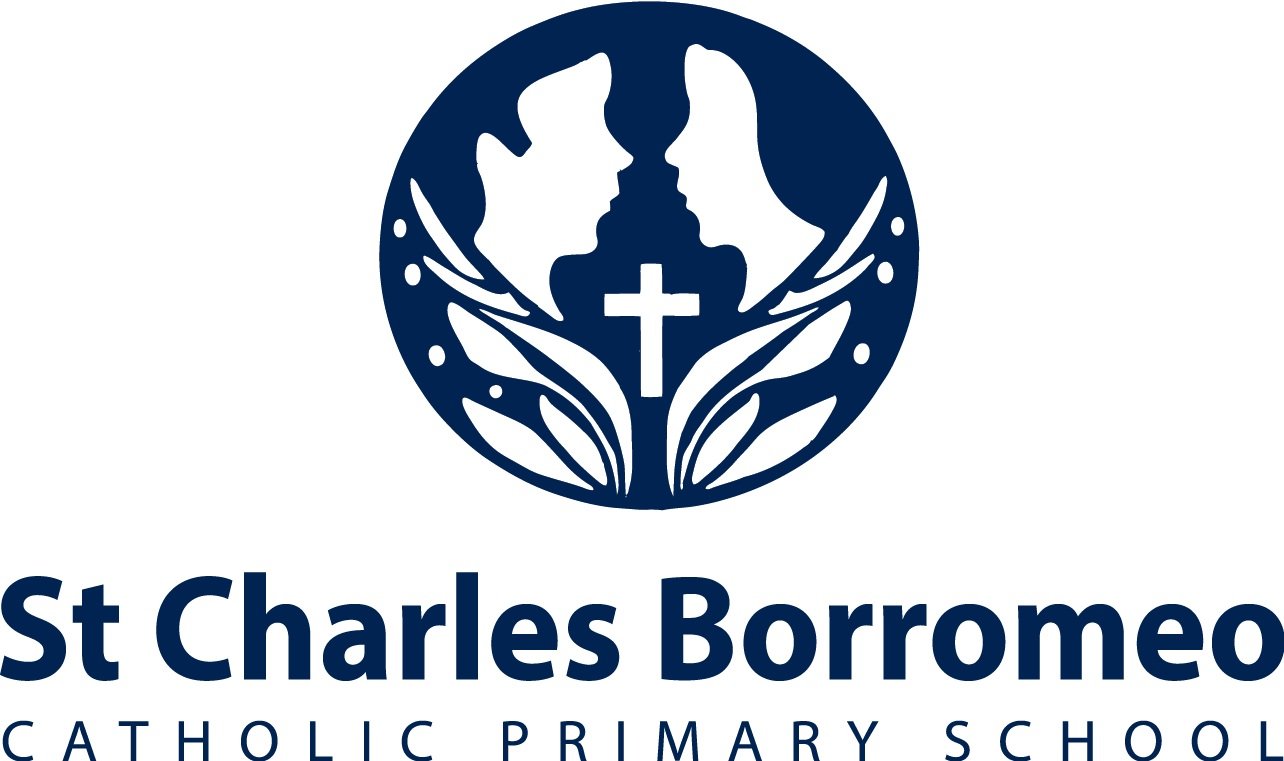Learning and teaching
Student Wellbeing and
Social Emotional Learning
The social and emotional health and wellbeing of all our students is paramount to what we offer in a safe and supportive environment at St. Charles Borromeo Primary School.
To support and manage this important area we have a Student Wellbeing Leader on staff.
All students benefit from:
The explicit teaching and learning of social-emotional skills (SEL) through the resource Resilience, Rights and Respectful Relationships;
A Positive Behaviour for Learning framework where all students are taught the behaviours we want to see;
A Restorative Practice approach to restoring all relationships that are ruptured;
Explicit teaching of being safe, responsible and respectful in the online world through our eSmart program;
Mindfulness Meditation from Foundation to Grade 6;
Our buddy program is based on the Alannah and Madeline Better Buddies framework;
Understanding of gender equality through our Respectful Relationships program;
Being safe through our Child Safety standards;
Having a voice in all that is important to them through our student leadership;
All staff being trained in the Berry Street Education model.
SOCIAL EMOTIONAL LEARNING (SEL)
SEL is the process through which our students build and effectively apply the knowledge, attitudes and skills necessary to:
Understand and manage their emotions;
Set and achieve positive goals;
Feel and express empathy;
Establish and maintain positive relationships;
Make responsible decisions;
Develop resilience to deal with change.
POSITIVE BEHAVIOUR FOR LEARNING (PBL)
Positive Behaviour for Learning (PBL) is a framework that schools use to get everyone – students, staff, families and the school community - on the same page to create a safe and supportive learning environment for all students.
RESTORATIVE PRACTICES
St. Charles Borromeo is a Restorative School. Restorative Practice is a teaching and learning approach that promotes self-regulation and encourages behaviour that is supportive and respectful. It puts the onus on individuals to be truly accountable for their behaviour and to repair any harm caused to others as a result of their actions.
eSmart
Children are the greatest beneficiaries of the digital era and are learning to navigate the online world at a younger and younger age. We need to ensure our schools are equipped to teach children, and the whole community, how to benefit from online technology whilst being savvy and prepared for the pitfalls - cyberbullying, scams, fraud, exposure to predators and inappropriate content. We ensure everyone knows how to be smart, safe and responsible online.


